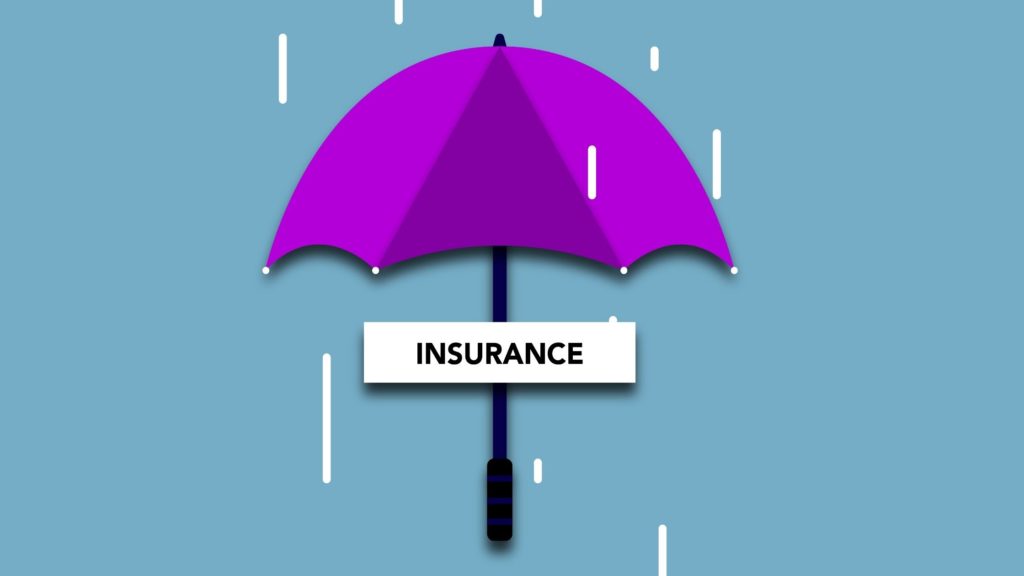Review Insurance Policies Yourself | How to Review Insurance Policies?
Insurance | Life Insurance
 by Priyadarshini
22 June 2023
by Priyadarshini
22 June 2023
The process of comparing and purchasing insurance can be so time-consuming that once completed, you may be tempted to forget about it and get back to living your life. Insurance policies do not take care of themselves. While most insurance agents will check in on you and review your portfolio on a regular basis, it is a good idea to review your own insurance policies so you know exactly where you stand. In this blog, we tell you how to review insurance policies yourself? Read on to find out…
Why Should You Review Your Insurance Policies?
There are a few reasons why you should regularly review your insurance policies.
Cost Savings: New insurance products are released on a regular basis, so it’s worth investigating what’s available. If a new policy is available that provides better coverage at a lower cost, why not switch and save a bundle on your insurance premiums?
New Circumstances: You may need to revise your policies to reflect life changes, such as the purchase of a new home or the birth of a child. Because of the increased liabilities, you should reconsider the amount you have insured.
Inflation: Remember that old insurance savings plan you joined back then? Yes, you should reconsider that one to keep up with inflation.
How to Review Insurance Policies Yourself?
Schedule a Review
Set a date for reviewing your insurance policies. This is typically performed every 3 to 5 years. Any earlier, and you might not want to switch policies in the first place (you might forfeit some returns). Because most insurance agents call every six months, they serve as an excellent reminder system. Make it a habit to ask them about your payouts, coverages, etc. Consider scheduling an appointment if it has been 5 years or more. You’ll want them to go over the benefits, returns, conditions, and so on again. Because you’ll be shopping around and comparing it to current policies in no time.
Look into Other Insurance Policies
You can now look for other insurance policies. Talk to a few insurance agents about each type of policy and get benefit examples from them. Obtain at least three to five benefit examples to compare. It is much easier to compare policies if you only purchase term insurance. Simply compare the premiums for policies with comparable coverage and choose the cheapest. But it’s a lot more complicated with insurance policies that include an investment component. If you switch to a new candidate, you should have your agent assist you in calculating your losses (if any).
Aside from premiums and coverage, you should also consider how the surrender value is calculated. Some policies provide no surrender value for the first few years, resulting in a lock-in. As you make comparisons, you’ll notice that “cheap” isn’t the only factor to consider.
Think About the Cost of Canceling your Policy
Check the benefits illustration before you even consider changing your insurance policy. However, this is irrelevant for “protection-only” policies such as health insurance and term insurance plans. The premiums are all used to purchase insurance, and there is no cash value. If you’ve developed any health problems in the interim, you may find it difficult or expensive to re-enroll in insurance. There is usually a surrender value with whole life insurance, endowment insurance, or investment-linked policies.
You must determine whether you will incur a loss if you surrender the policy. You can calculate this by subtracting the total premiums paid thus far from the (lowest) surrender value at that point. There could also be additional fees or charges if there was a lock-in period, for example. For instance, you have had this policy for five years at a cost of $3,000 per year. So far, you have paid $15,000 in premiums. The surrender value of your policy is $10,000. So, you would lose $5,000 if you canceled this policy (or more, if there are additional fees.)
Examine the Specifics of your Insurance Policy
After you’ve narrowed down your options for a new insurance policy, look over the fine print for “catches” like co-insurance, deductibles, and waiting periods. Co-insurance and deductibles apply to health insurance in Singapore, which is heavily regulated. The rules may change every few years, so you should be ready. For instance, a full co-payment Integrated Shield riders is now prohibited. And insurers can only sell riders that require a 5% co-payment on your part. While you’ll most likely save a lot of money on your new policy, you should also increase your emergency fund because you’ll have to pay more if you get hospitalized.
Allow the insurance agent to walk you through these steps. If any of the terms make you uncomfortable, look into other insurers to see if they have a more suitable policy. You should also consider the waiting period, which is typically applicable to insurance policies such as critical illness plans. This refers to the amount of time you have before you can file your first claim. The Life Insurance Association requires a 90-day waiting period for critical illness. However, there may be additional waiting periods for things like re-diagnosis or recurring illness.
Who Invests in Funds?
The returns on your policy are obtained by investing your money in endowment, whole life, or investment-linked plans. What about all those premiums you pay? The insurer invests that money in various funds in order to grow it. The size of your eventual payout is determined by the performance of the funds in which your premiums are invested. You now understand why the surrender values are “non-guaranteed.” You don’t want to pay premiums for 20 years only to discover that the funds were a waste of money. And after deducting the effect of deduction, your returns are like peanuts. So, review insurance policies yourself once in a while and ensure everything’s on track!
Read more on Insurance policies in Singapore in our blogs.
Travel insurance plans in Singapore




